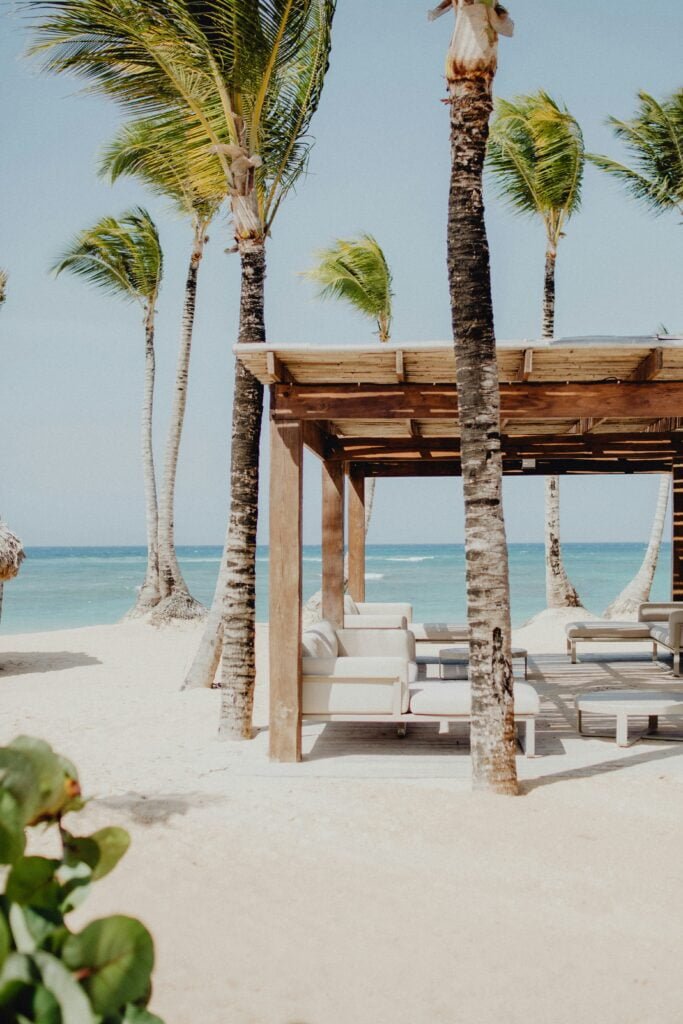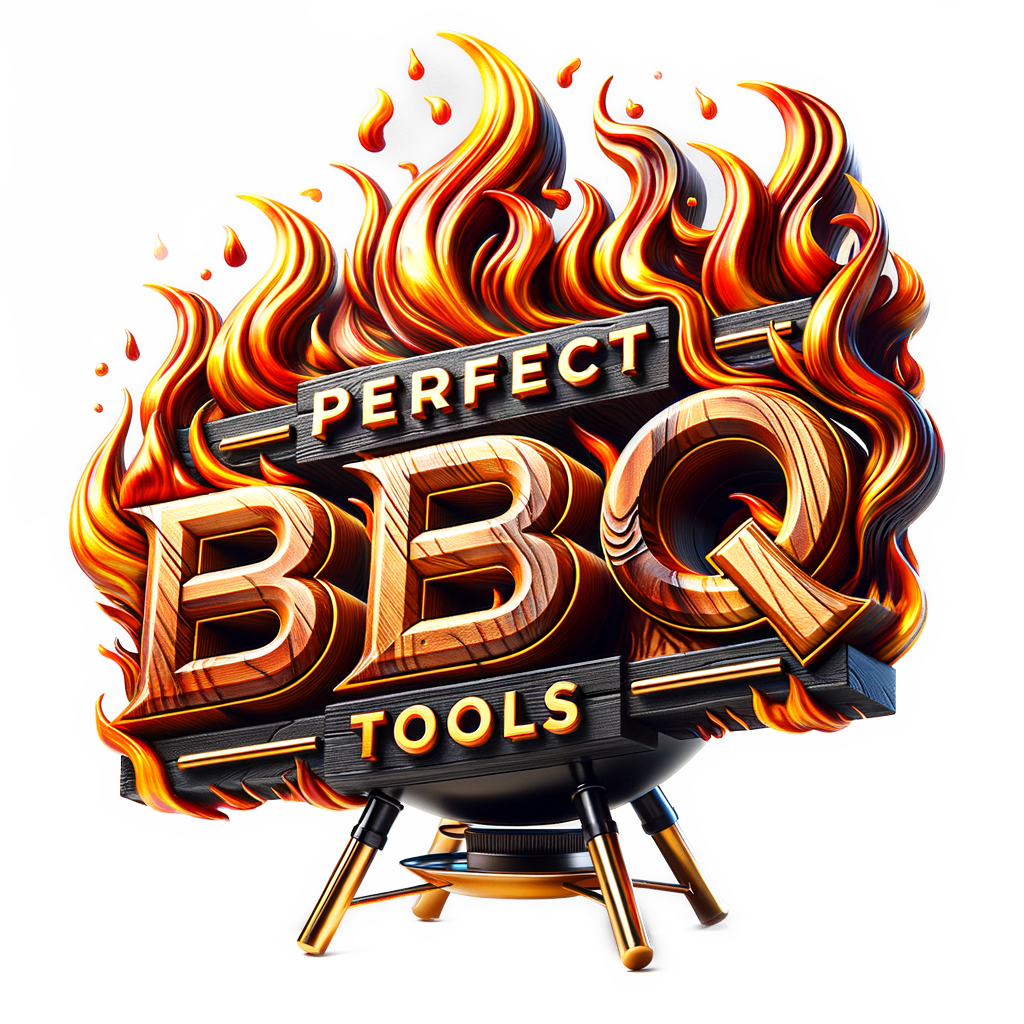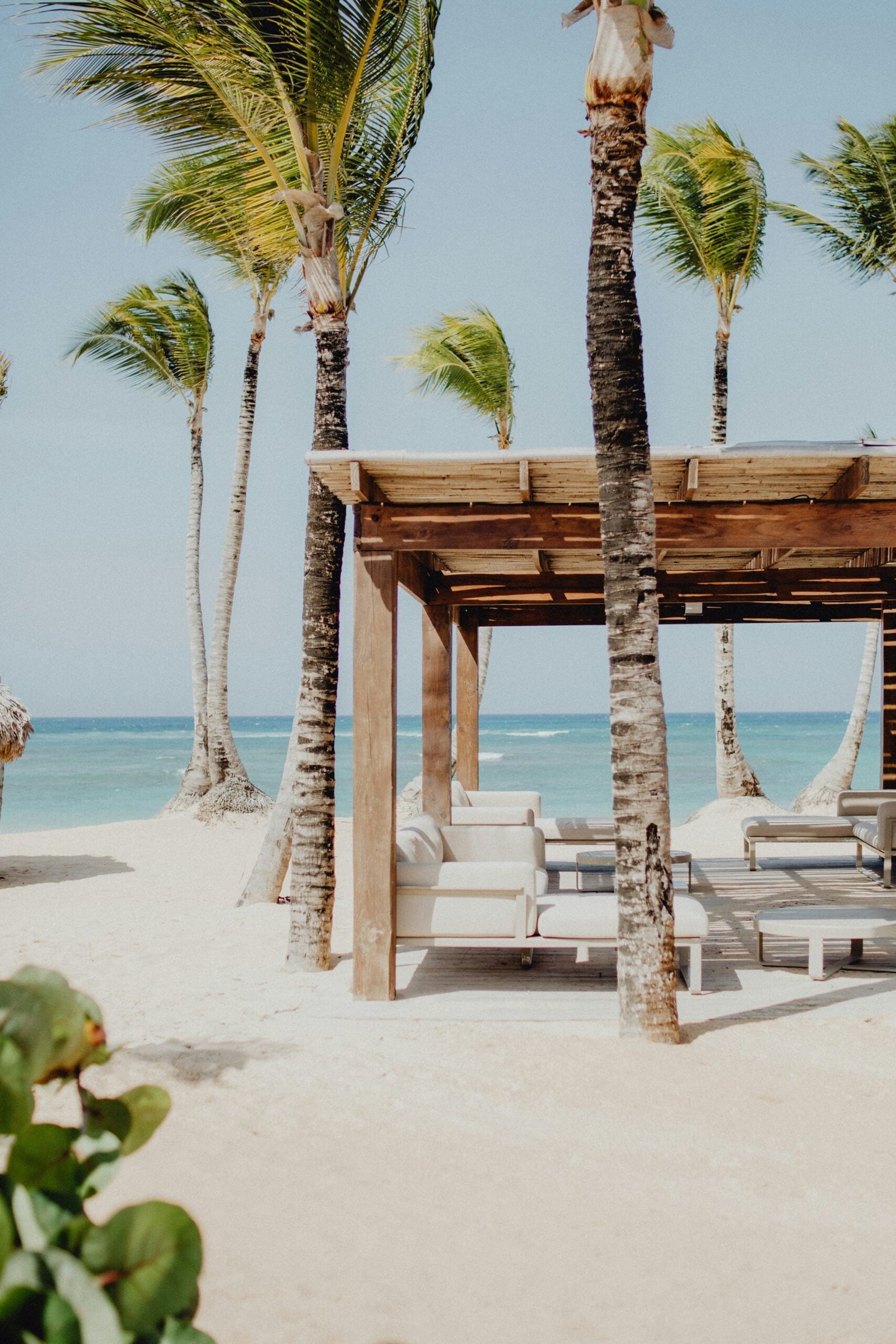If you’re a proud owner of a grill, you may find yourself pondering over the question – do I really need a grill cover? While the thought of investing in yet another accessory for your outdoor cooking haven might seem unnecessary, it’s essential to weigh the pros and cons. In this article, we’ll explore the benefits of using a grill cover and how it can prolong the lifespan of your grill, protect it from the elements, and ultimately save you time and money in the long run. So let’s dive in and discover why a grill cover might just be the missing piece to complete your grilling setup.

Understanding the Importance of a Grill Cover
The primary purpose of a grill cover
A grill cover serves as a protective barrier for your grill, shielding it from various elements that can cause damage or wear and tear. It acts as a barrier against rain, snow, dust, pollen, and other environmental factors, keeping your grill in optimal condition.
How grill covers can extend the lifespan of your grill
By using a grill cover, you can significantly extend the lifespan of your grill. The cover acts as a shield, preventing rust, corrosion, and deterioration that can occur when exposed to moisture, extreme temperatures, and harsh weather conditions. By protecting your grill, you ensure that it stays in good working order and can serve you for years to come.
Grill cover as a vital investment for grill owners
Investing in a grill cover is a wise decision for all grill owners. It not only protects your grill but also helps maintain its appearance. Additionally, a well-protected grill retains its value better, whether you plan to sell it in the future or simply want to enjoy the benefits of a well-maintained grill for a longer period of time. Ultimately, a grill cover is a small investment that provides significant returns in terms of grill longevity and overall satisfaction.
Circumstances That May Require a Grill Cover
Weather conditions and their impact on your grill
Weather conditions play a crucial role in determining the need for a grill cover. Whether it’s intense heat, heavy rain, snow, or strong winds, all these elements can take a toll on your grill. Extreme temperatures and direct sunlight can cause fading, cracking, and warping of your grill’s exterior surfaces. Rain and snow can promote rust and corrosion, damaging the internal components. Therefore, using a grill cover becomes essential to protect your grill from the unpredictable nature of the weather.
The significance of a grill cover for those living in coastal areas
Living in coastal areas presents unique challenges for grill owners. The proximity to saltwater can accelerate the corrosion process, as salt particles in the air can quickly corrode unprotected metal surfaces. A grill cover acts as a necessary barrier against the corrosive effects of ocean air, protecting your grill from damage and ensuring it remains in top condition.
The necessity of a grill cover in regions with a lot of dust and pollen
Areas with high levels of dust and pollen can also be detrimental to your grill’s performance and appearance. Dust particles can accumulate on your grill’s surfaces, making it harder to clean and potentially reducing its efficiency. Pollen, on the other hand, can stain and discolor your grill, compromising its visual appeal. By using a grill cover, you can protect your grill from the accumulation of dust and pollen, keeping it clean and in peak operating condition.
Does the Material of Your Grill Influence the Need for a Cover?
Impact of material on a grill’s durability
The material your grill is made of plays a significant role in determining its durability and susceptibility to damage from the elements. While stainless steel grills are generally more resistant to rust and corrosion, other materials may require additional protection. Cast iron grills, for instance, are prone to rust if not properly cared for. By using a grill cover, you can provide an extra layer of protection for your grill regardless of its material composition.
How different materials respond to various environmental conditions
Different materials have varying responses to different environmental conditions. For example, aluminum may oxidize when exposed to certain weather conditions, leading to a dull and worn-out appearance. On the other hand, certain plastics may degrade or discolor when exposed to direct sunlight for an extended period. Understanding the specific vulnerabilities of your grill’s material will help you determine the need for a grill cover and select an appropriate one.
Particular materials that may require a grill cover for extra protection
Certain grill materials, such as ceramic or painted surfaces, are more susceptible to chipping, fading, and discoloration. To preserve the aesthetics and structural integrity of your grill, it’s advisable to use a grill cover to provide an added layer of protection. Additionally, if your grill has any exposed parts or intricate components, a cover can safeguard them from potential damage caused by debris, moisture, or accidental impact.
Types of Grill Covers Available in the Market
Differences in materials used for grill covers
Grill covers are available in various materials, with each offering its own set of advantages and drawbacks. Common materials used for grill covers include vinyl, polyester, canvas, and PVC. Vinyl covers are waterproof and easy to clean, while polyester covers are lightweight and resistant to fading. Canvas covers are durable and provide excellent breathability, allowing moisture to escape. PVC covers, on the other hand, are known for their exceptional strength and resistance to tearing.
Benefits and drawbacks of various grill cover types
Choosing the right type of grill cover depends on your specific needs and preferences. Vinyl covers, for example, offer superior waterproofing but may not be as durable as canvas or PVC covers. Polyester covers, while resistant to fading, may not provide the same level of protection against extreme weather conditions. It’s important to consider factors such as durability, weather resistance, breathability, and ease of use when deciding on a grill cover type.
How to choose the best grill cover for your needs
To choose the best grill cover for your needs, consider the size and dimensions of your grill, the climate in which you live, and any specific requirements or preferences you may have. Ensure that the cover is designed to fit your grill snugly to provide optimal protection. Look for features such as UV resistance, waterproofing, and ventilation to ensure that the cover meets your specific needs. Reading customer reviews and seeking recommendations can also help guide your decision.

The Drawbacks of Using a Grill Cover
Potential issues that can arise from a poorly fitted cover
Using a poorly fitted grill cover can lead to several issues. If the cover is too loose, it may flap in the wind, causing unnecessary wear and tear on both the cover and the grill’s surfaces. A loose cover may also allow moisture to accumulate, potentially leading to mold or rust. Conversely, a cover that is too tight may put excess strain on the fabric and may be difficult to put on or remove. It’s essential to ensure a proper fit to avoid these potential problems.
Dangers of trapping moisture under the cover
While a grill cover is designed to protect your grill from moisture, it’s important to prevent the buildup of excessive or trapped moisture underneath the cover. If moisture is trapped, it can promote mold growth, leading to unpleasant smells and potential health hazards. It may also cause metal surfaces to rust. To avoid these issues, ensure that your grill is clean and dry before covering it, and periodically remove the cover to allow for air circulation and moisture evaporation.
When not to use a grill cover
There may be certain situations where using a grill cover is not recommended. For instance, if you frequently use your grill and it is always in use, using a cover between uses may not be necessary. Similarly, if you live in a particularly dry or arid climate with minimal rainfall or humidity and your grill is made of a material that is highly resistant to corrosion, a cover may not be as essential. However, even in these situations, using a grill cover can still offer added protection against dust, pollen, and other environmental factors.
Alternatives to Using a Traditional Grill Cover
Various ways to protect your grill without a cover
If you prefer not to use a traditional grill cover, there are alternative methods to protect your grill. One option is to store your grill in a covered area, such as a garage or shed, when not in use. This provides protection from the elements without the need for a separate cover. Additionally, you can use grill mats or grill pads to create a protective barrier between your grill and the ground. These mats or pads are designed to be heat-resistant and can prevent damage to the grass or patio surface beneath the grill.
Comparing the effectiveness of alternative methods to a grill cover
While alternative methods can offer some level of protection for your grill, they may not provide the same comprehensive coverage and convenience as a grill cover. Storing your grill in a covered area limits its accessibility and may not be suitable for everyone, especially those with limited storage space. Grill mats and pads, while effective at protecting the ground, do not offer the same level of protection against dust, pollen, and other airborne particles. It’s important to consider the specific needs of your grill and choose the method that best suits your requirements.
Weighing the cost and convenience of alternatives
When considering alternatives to a grill cover, it’s crucial to weigh the cost and convenience factors. Storing your grill in a covered area may require additional storage space and can be inconvenient, especially if you use your grill frequently. Grill mats and pads, while cost-effective, may not provide the same level of protection and ease of use as a dedicated grill cover. Ultimately, the decision to use an alternative method or a traditional grill cover depends on your specific circumstances and priorities.

Maintenance and Care for Your Grill Cover
Proper cleaning techniques for different types of grill covers
Proper maintenance and cleaning of your grill cover are essential to ensure its longevity and continued effectiveness. The cleaning technique will vary depending on the type of material your cover is made of. Vinyl covers can be easily cleaned with mild soap and water, while polyester covers are often machine washable. Canvas covers may require spot cleaning or hand washing, and PVC covers can generally be wiped clean with a damp cloth. Always follow the manufacturer’s instructions and guidelines for cleaning your specific grill cover.
How frequent should you clean your grill cover?
The frequency of cleaning your grill cover will depend on several factors, including the climate, usage frequency, and level of dirt or debris accumulation. As a general rule, it’s recommended to clean your grill cover at least once a month. However, if you live in an area with high levels of dust, pollen, or inclement weather, you may need to clean it more frequently. Regular cleaning ensures that the cover remains in good condition and performs its protective function effectively.
Repairing a damaged grill cover
Over time, your grill cover may suffer wear and tear or sustain damage. Small tears or rips can usually be repaired using a patch kit specifically designed for grill covers. Ensure that the patch adheres securely to the cover material and forms a watertight seal. If the damage is extensive or beyond repair, it may be necessary to replace the cover altogether. Regular inspection and prompt repair of any damages will help prolong the lifespan of your grill cover and maintain its effectiveness.
How to Properly Fit a Grill Cover
The importance of a well-fitting grill cover
A well-fitting grill cover is crucial to ensure maximum protection for your grill. A cover that fits properly will provide complete coverage, preventing any gaps or exposed areas that may be susceptible to damage. It also minimizes the risk of the cover getting blown off or flapping in the wind during inclement weather. A well-fitted cover not only keeps your grill protected but also enhances its overall appearance.
Where to find a grill cover that fits your grill model
To find a grill cover that fits your grill model, it’s recommended to check the manufacturer’s website or product specifications. Many grill manufacturers offer custom-fit covers designed specifically for their models. Alternatively, you can visit a local home improvement store or browse online retailers specializing in grill accessories. Make sure to take accurate measurements of your grill’s dimensions to ensure a proper fit. Reading customer reviews and seeking recommendations can also help you find a suitable grill cover.
Steps to properly secure and fit your grill cover
To properly secure and fit your grill cover, follow these steps:
Clean your grill: Ensure that your grill is clean and dry before covering it. This helps prevent the accumulation of moisture or debris that can cause damage.
Measure your grill: Accurately measure the dimensions of your grill, including its width, depth, and height. Use these measurements as a guide when selecting a cover.
Select a suitable cover: Choose a grill cover that is designed to fit your grill’s dimensions. Consider factors such as material, weather resistance, and specific features you require.
Position the cover: Place the cover over your grill, starting from one end and working your way to the other. Ensure that the cover is centered and covers the grill fully.
Secure the cover: Use any included straps, buckles, or drawstrings to secure the cover in place. Ensure that it is taut but not excessively tight, as this can strain the fabric.
Check for proper fit: Take a step back and inspect the cover to ensure that it fits snugly and there are no areas left exposed. Adjust as necessary to achieve a proper fit.
By following these steps, you can ensure that your grill cover fits properly and provides optimal protection for your grill.
Budget Considerations When Buying a Grill Cover
The range of prices for grill covers
Grill covers are available in a wide range of prices, depending on factors such as material, size, brand, and additional features. Basic vinyl or polyester grill covers can start as low as $10, while high-end covers made of premium materials such as canvas or PVC can range from $50 to $100 or more. The cost of a grill cover generally reflects its durability, weather resistance, and overall quality.
Balancing the cost of a cover with its durability and efficiency
When considering the cost of a grill cover, it’s important to strike a balance between price, durability, and efficiency. While a cheaper cover may save you money initially, it may not offer the same level of protection or last as long as a higher-quality cover. Investing in a more durable and efficient cover may require a larger upfront cost but can provide better long-term value by prolonging the lifespan of your grill and reducing the need for costly repairs or replacement.
Do more expensive covers actually offer better protection?
In general, more expensive grill covers tend to offer better protection due to the quality of materials used and additional features they may include. Premium covers often boast superior weather resistance, UV protection, and durability. However, it’s important to consider your specific needs and circumstances. While a pricier cover may provide added benefits, a more affordable cover made of the right material and designed to fit your grill properly can still offer ample protection and value for your money.
Final Verdict: Do You Really Need a Grill Cover?
Weighing the pros and cons based on your specific circumstances
Whether or not you need a grill cover ultimately depends on your specific circumstances and preferences. Considering factors such as climate, material of your grill, frequency of use, and available storage options can help you make an informed decision. While a grill cover offers numerous benefits in terms of protection, longevity, and value, it may not be necessary in certain situations, such as if you live in a dry climate or use your grill frequently. Carefully weigh the pros and cons based on your individual needs before deciding.
How often should you use a grill cover?
The frequency of using a grill cover depends on how often you use your grill and the prevailing weather conditions. If you use your grill infrequently or during certain seasons only, it’s recommended to use a grill cover whenever the grill is not in use. This provides consistent protection against environmental factors and keeps your grill in good condition. However, if you use your grill regularly or live in an area with mild weather, you may opt to use the cover only during prolonged periods of non-use or harsh weather conditions.
When it’s definitely recommended to invest in a grill cover
Investing in a grill cover is highly recommended in the following situations:
Harsh weather conditions: If you live in an area prone to extreme weather conditions, such as heavy rain, snow, or intense heat, a grill cover is essential to protect your grill from potential damage.
Proximity to saltwater: If you live in a coastal area where salt particles in the air can accelerate corrosion, using a grill cover becomes vital in preserving the longevity and performance of your grill.
Dust and pollen accumulation: If you reside in an area with high levels of dust or pollen, a grill cover is necessary to prevent these particles from settling on your grill’s surfaces. This helps maintain the cleanliness and efficiency of your grill.
Material vulnerabilities: Depending on the material composition of your grill, certain materials may require extra protection. If your grill is made of materials that are susceptible to rust, fading, or discoloration, a grill cover provides an additional layer of defense.
By carefully assessing these factors and your specific circumstances, you can make an informed decision on whether or not to invest in a grill cover. In most cases, a grill cover proves to be a valuable accessory that ensures the longevity and optimal performance of your grill, making it a wise investment for any grill owner.

